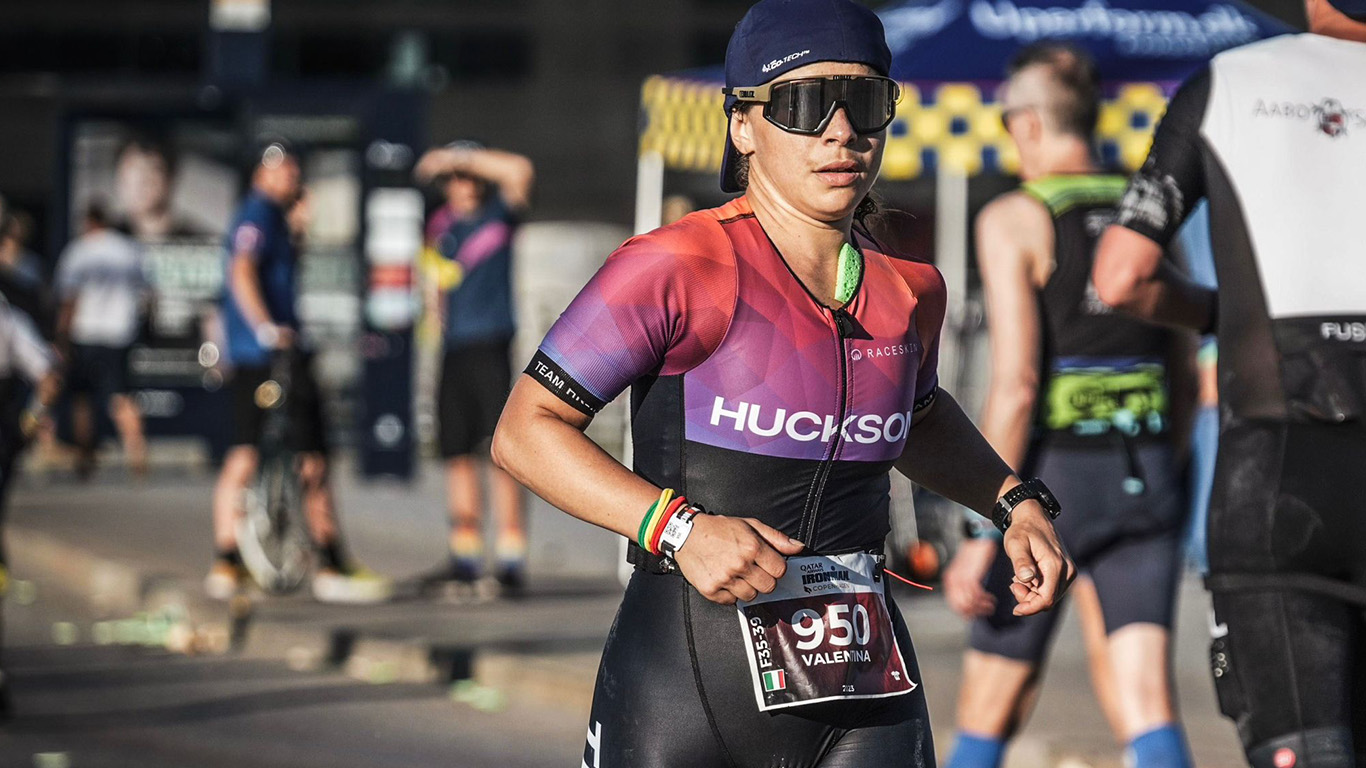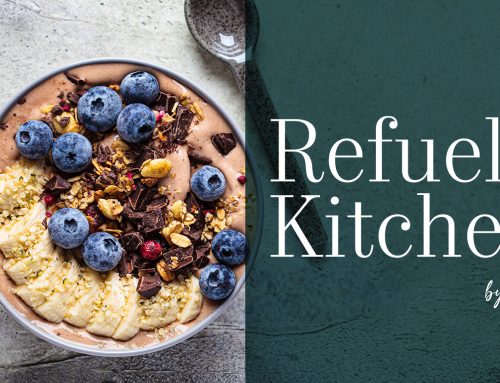In a world often obsessed with appearances, it’s easy to forget that what we put into our bodies is of paramount importance to our health and overall well-being. Valentina De Pascales, Head of Nutrition for independent school caterer Palmer & Howells, is passionate about empowering individuals to unlock their full human potential, both mentally and physically, by making wise dietary choices, engaging in regular exercise, and cultivating the right mindset – all of which are covered in the new ‘Fuelling Potential’ programme she has recently developed.
The Cognitive Connection: Food and Concentration
The food we consume has a direct impact on cognitive performance. To maintain optimal concentration, reduce anxiety, improve positive thinking, it is crucial to avoid blood sugar spikes. A fundamental tip is to avoidhigh glycaemic foods on an empty stomach. Instead, opt for a high-protein and high fibre breakfast or mid-morning snack to prevent insulin spikes such as eggs on sourdough toast; porridge with seeds or yoghurt with fruit. A mid-morning snack rich in protein, such as hummus or cheese, helps maintain steady energy levels and concentration.
Protein should be a part of every meal and snack – either animal protein, like meat and yoghurt, or plant-based sources, such as seeds and legumes. Oily fish, like mackerel and salmon, containing Omega-3 fatty acids, are particularly beneficial for brain health. Adding fat to a meal helps reduce its glycaemic load, which can prevent energy crashes.
Morning Fuel for Afternoon Vitality
The foods consumed in the morning have a direct impact on energy levels in the afternoon. Catering managers should aim to provide options that keep pupils energised and attentive throughout the day, especially during exams. Banning certain foods can lead to a restrictive mindset and unhealthy eating habits. Instead, it is important to encourage students to have a holistic approach to food such as enjoying desserts after a high-protein meal rather than as an afternoon snack.
Intentionality: Understanding the Impact of Food
Educating children about the importance of food choices is paramount. Just as we carefully plan what we wear, we should plan what we eat, considering both pleasure and energy. With a deeper understanding of the effects of their choices, individuals can make meaningful changes and establish positive habits.
Social media often puts emphasis on appearances, but the focus should always be on making nutritious choices and catering managers managers can help instil these values and provide food choices that support these principles.
Personalised Nutrition for Sport
The nutritional needs of individuals vary greatly based on levels of physical activity and intensity. For instance, athletes require foods that provide sustained energy for extended training sessions. Foods – like honey and white bread – that could reduce academic performance for children in the classroom, can be essential energy sources for children that are exercising.
Mindset Over Muscle: Encouraging Active Lifestyles
During puberty, many girls shy away from sports due to a new body awareness and physiological changes. Supporting girls to focus more on what their body is able to do instead of what it may look like is vital to improve self-awareness and encourage them to continue with their favourite sports. Sport builds muscle mass, the building block of the body, which is crucial for overall well-being for growth and prevents physiological issues in the future.
Addressing Female Health
Understanding the unique nutritional needs of girls and their menstrual cycles is pivotal. Different phases of the menstrual cycle require varying dietary approaches and training plans, influenced by oestrogen and progesterone levels. By educating pupils about their physiology, they can make more informed dietary choices to sustain physical and cognitive health.
Caterers and catering managers in schools can have a profound impact on pupils’ nutrition and well-being and help them to understand what their bodies need to thrive and encourage a shift in mindset, emphasising the importance of what we eat over how we look.
Food is not just the main component of national identities, cultures and families, food is also fuel for the brain and the body and our daily choices have a great impact on our mental health and physical preparedness.





